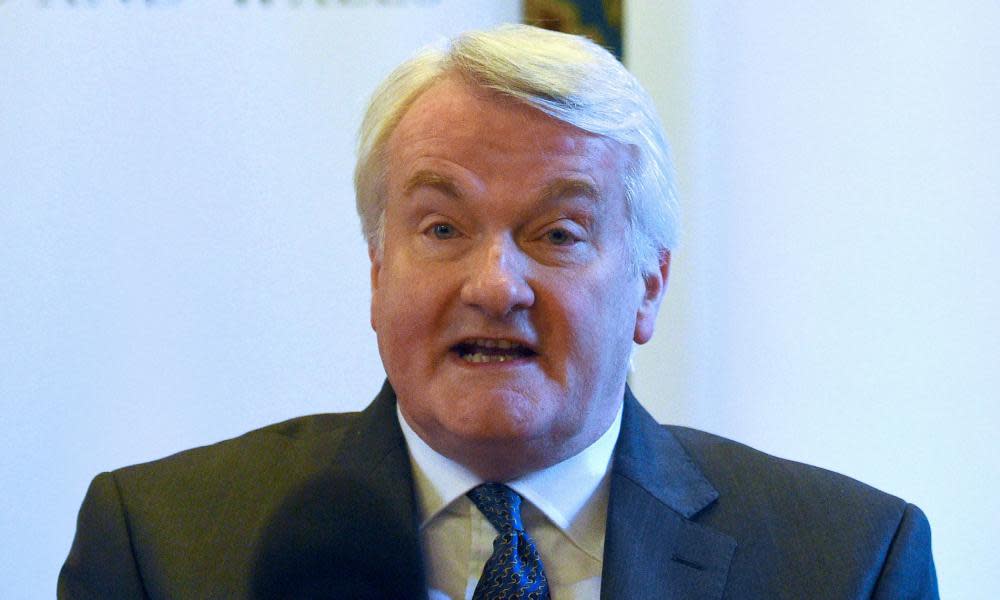English judges explain decision to reject prorogation challenge

The prime minister’s decision to prorogue parliament for five weeks was a political matter and not one that should be reviewed by the courts, English judges have declared.
Two hours after the Scottish appeal court ruled that Boris Johnson’s advice to the Queen to suspend parliament was “unlawful”, three of the most senior English judges explained why they had come to a diametrically opposed conclusion.
Last week, the lord chief justice, Lord Burnett of Maldon, the master of the rolls, Sir Terence Etherton, and the president of the Queen’s bench division, Dame Victoria Sharp, dismissed the challenge by the legal campaigner and businesswoman Gina Miller.
On Wednesday, the judges gave the full reasons for that decision in a 24-page judgment, which concluded with sentence: “In our view, the decision of the prime minister to advise Her Majesty the Queen to prorogue parliament is not justiciable in Her Majesty’s courts.”
The judges said: “The refusal of the courts to review political questions is well established … The prime minister’s decision that parliament should be prorogued at the time and for the duration chosen and the advice given to Her Majesty to do so in the present case were political. They were inherently political in nature and there are no legal standards against which to judge their legitimacy.”
There was also a practical difficulty for the courts to determine when to intervene, the judges noted. “All of these arguments face the insuperable difficulty that it is impossible for the court to make a legal assessment of whether the duration of the prorogation was excessive by reference to any measure. There is no legal measure of the length of time between parliamentary sessions,” they said.
Lord Pannick QC, who represented Gina Miller, had tried to overcome those problems by ”advancing a novel and sophisticated argument resting on parliamentary sovereignty”, they acknowledged.
But, they continued: “The expanded concept has been fashioned to invite the judicial arm of the state to exercise hitherto unidentified power over the executive branch of the state in its dealings with parliament.
“The constitutional arrangements of the United Kingdom have evolved to achieve a balance between the three branches of the state; and the relationship between the executive and parliament is governed in part by statute and in part by convention … This is territory into which the courts should be slow indeed to intrude by recognising an expanded concept of parliamentary sovereignty.”
The starkly divergent conclusions of the English and Scottish courts are due to be resolved in a series of supreme court hearings next week. Northern Ireland’s judges are due to deliver their decision on a similar application on Thursday morning.

 Yahoo News
Yahoo News 
